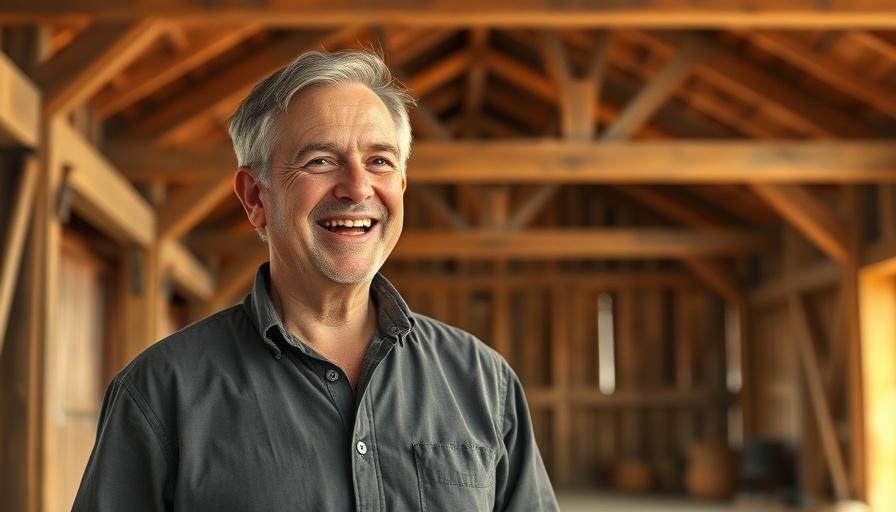
Massachusetts at the Brink: Advocates Raise Alarm on Health Care Cuts
Massachusetts has long been recognized as a model state for health care coverage, boasting the lowest rate of uninsurance in the nation—over 98% of its residents are insured. However, with recent legislative proposals from the Trump administration, health advocates are expressing deep concerns about the unraveling of this safety net. The fear is palpable as the state faces potential changes that could strip up to 400,000 residents of their health coverage, reversing years of advancements in health care accessibility.
The Implications of Proposed Healthcare Cuts
The proposed tax and spending cuts being considered in Congress are not just numbers on a page; they represent a threat to thousands of lives. Audrey Morse Gasteier, Executive Director of the Massachusetts Health Connector, articulated the emotional impact of these changes: "The idea of needing to unwind that now and pull back on that promise is really frustrating and heartbreaking." This sentiment reflects a broader community fear that vital health services, preventive care, and life-saving medications may soon become out of reach for many.
What Residents Are Experiencing
In communities like Lawrence, where over 80% of the population identifies as Hispanic or Latino, the impact of heightened enforcement of immigration laws has already led many to disengage from the health care system. Stories like that of a father, who stopped seeking care for his son suffering from epilepsy out of fear of deportation, highlight the dire consequences this policy could impose on vulnerable demographics.
Future of Health Care in Massachusetts
Experts believe that the proposed legislation could lead to coverage gaps, a development state leaders had been diligently working to close since Massachusetts enacted its health care law in 2006, which served as a foundation for the Affordable Care Act (ACA). Vicky Pulos, an attorney with the Mass Law Reform Institute, argues that these incremental changes signify a less transparent approach to dismantling the ACA's successes. With the stakes so high, advocates are calling on residents to recognize the urgency of this issue and to speak out.
In conclusion, the health safety net that Massachusetts worked so hard to establish faces unprecedented challenges. Engaging in this conversation about health care is essential; residents are encouraged to stay informed and advocate for policies that prioritize their well-being.
 Add Row
Add Row  Add
Add 




Write A Comment